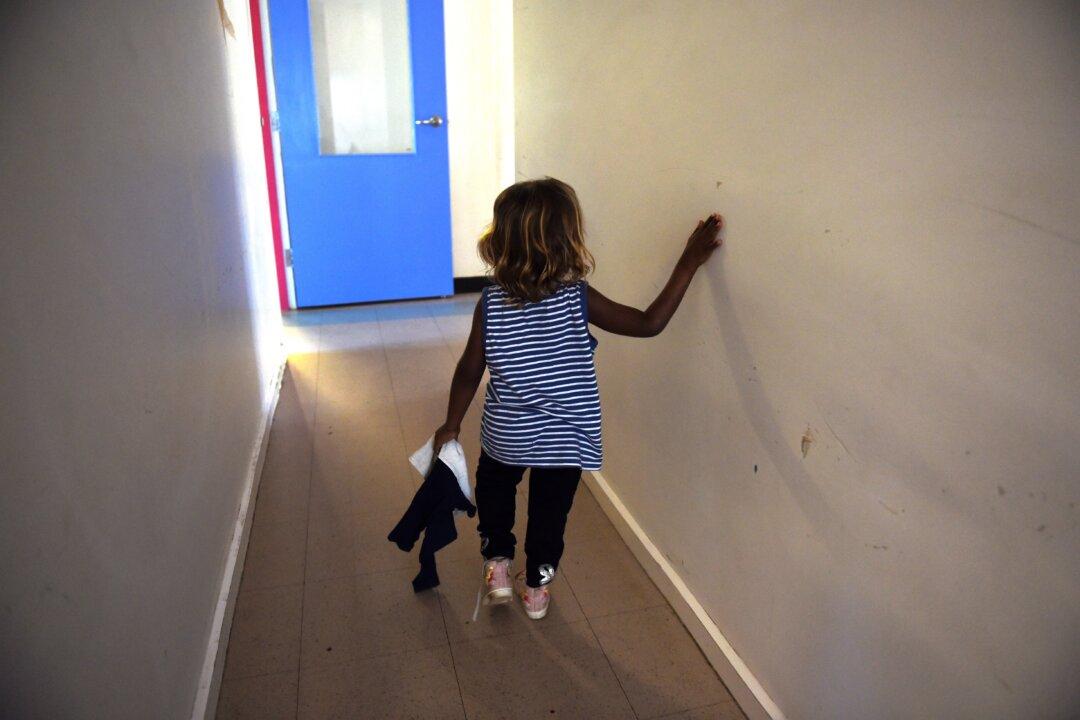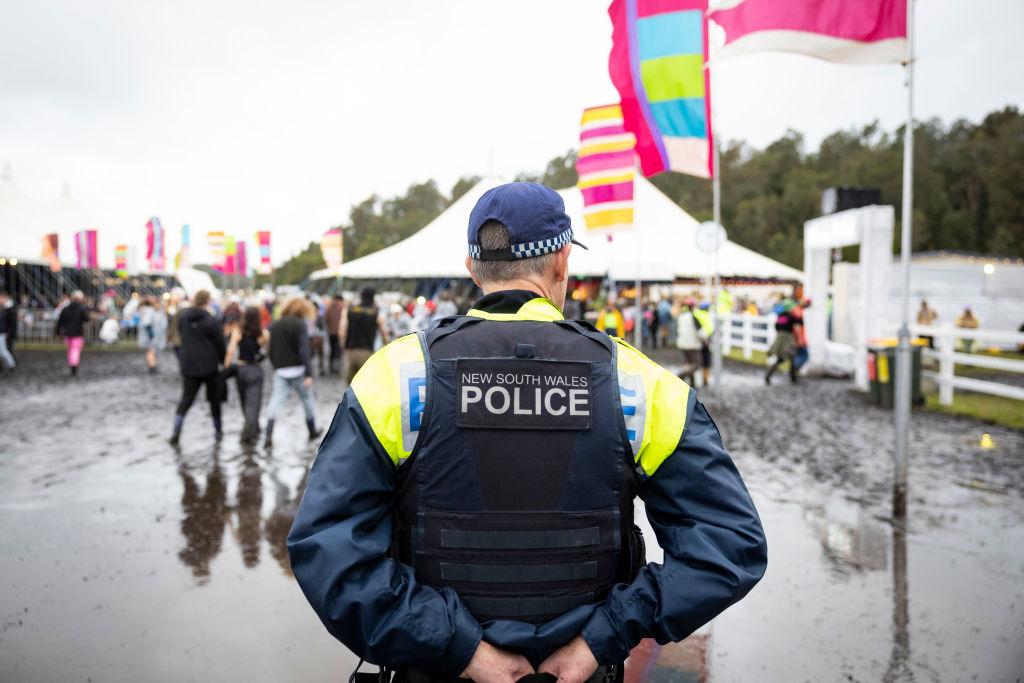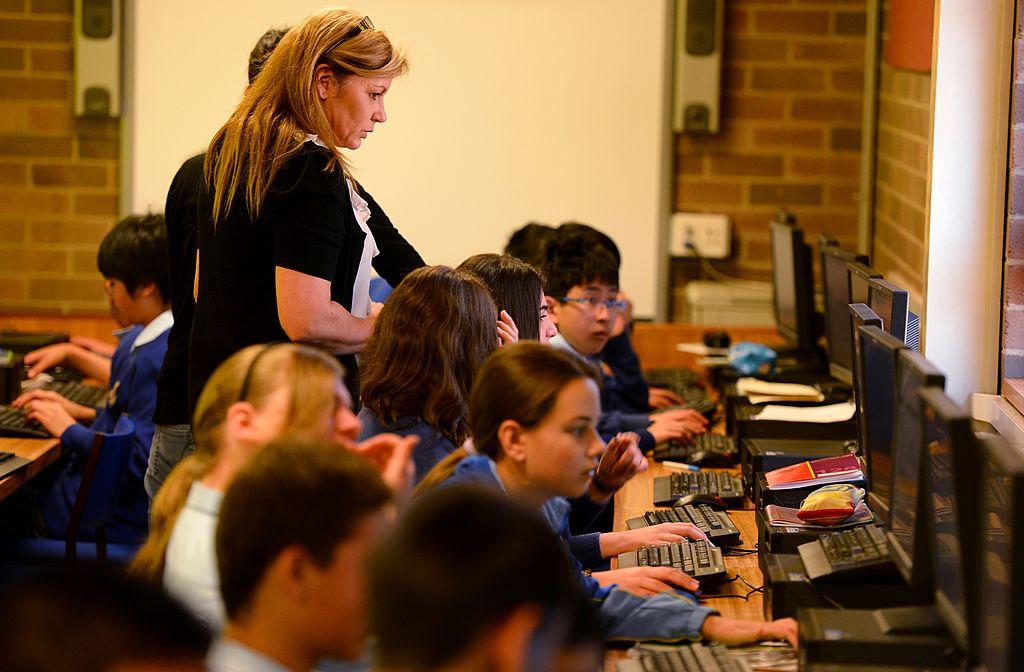Tasmania’s Child Sexual Abuse Commission has called for better safeguards to identify and deal with child sexual abuse cases when they arise.
The Commission of Inquiry into the Tasmanian Government’s Responses to Child Sexual Abuse in Institutional Settings held its closing hearing in Hobart on Aug. 30.





